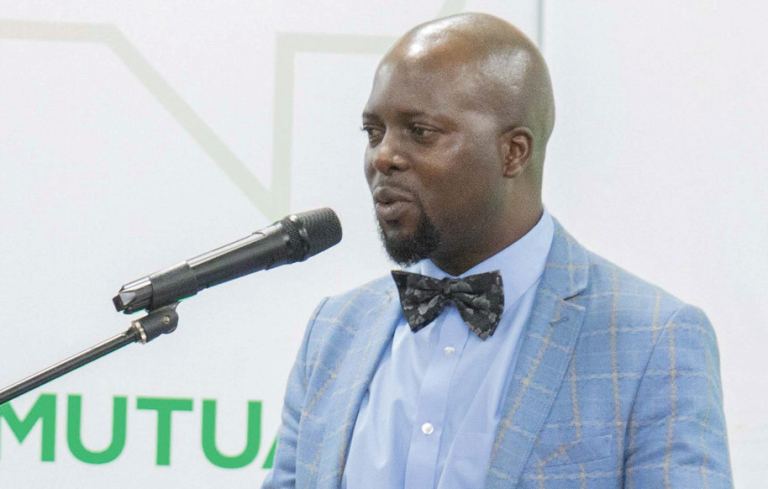Commission says knowledge critical for economic growth
The National Planning Commission says information sharing and effective knowledge management is key to achieving aspirations outlined in Malawi 2063 (MW2063), the country’s long-term development plan.
Speaking in an interview on Friday in Lilongwe on the sidelines of a media seminar on the Malawi 2063 and its First 10-Year Implementation Plan (MIP-1), the commission’s director general Thomas Chataghalala Munthali said the media will be an important ally to provide information on the progress made in the MW2063.

He said the media is key to providing accurate and reliable information to the public to empower them to hold duty-bearers accountable on how local authorities are using money to operationalise national development strategies and catalyse local economic growth.
Said Munthali: “The media should be in the forefront of highlighting the positives from initiatives that have been successful and what the nation can learn from them.
“Even when the implementation of the Malawi 2063 is going off-track, the media should report on those issues until some action is taken.”
The sentiments come at a time some sections of the public and government implementing partners have faulted the government and other ministries for failing to operationalise multiple development initiatives developed in the past such as Vision 2020 and Malawi Growth and Development Strategy I, II and III.
On his part, Banyan Global chief of party Francis Okello, whose organisation has partnered the commission to implement the United States Agency for International Development (Usaid) initiatives in Malawi, said accurate media coverage will help the country learn from past mistakes.
The commission’s director of knowledge and learning Joseph Nagoli urged the media to take an active role to populalrise the research and interventions borne out of the National Research Agenda (NRA), a government initiative to coordinate and align local research to the objectives of the Malawi 2063 in March last year.
He said: “One of the key challenges in Malawi is the capacity and managing existing knowledge to ensure that we get the best out of our natural and tangible assets. The media has to help us share the information and knowledge gained from local research is transferred to the general public.”
Through the MW2063, Malawi aspires to be a lower middle-income economy by 2030 with a per capita income of between $1 006 (K1.71 million) and $3 955 (about K6.72 million). MW2063 is anchored on the three pillars of agricultural productivity and commercialisation, industrialisation and urbanisation.






Wow wonderful blog layout How long have you been blogging for you make blogging look easy The overall look of your site is great as well as the content